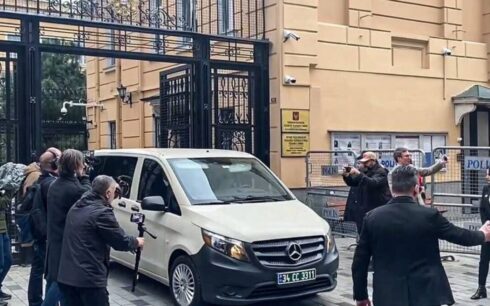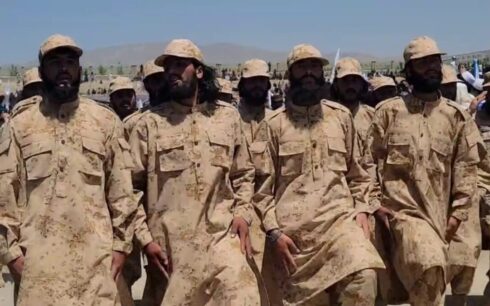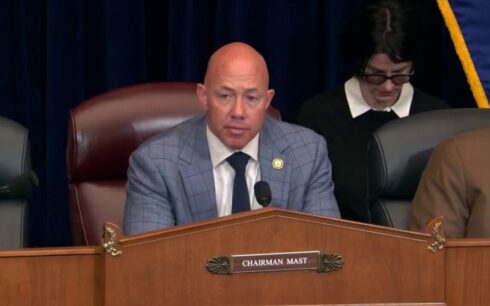MOSCOW — Russia cannot develop formal ties with the Taliban until they are removed from its list of terrorist organizations, Maria Zakharova, the spokeswoman for the Russian Foreign Ministry, said on Thursday.
Speaking to the TASS news agency, Ms. Zakharova noted that a draft law introduced in the State Duma, the lower house of Parliament, on Nov. 25 aims to lift restrictions on groups previously designated as terrorist organizations if they have ceased illegal activities.
“We have repeatedly stated that Russia, like other global powers, seeks to establish practical cooperation with Kabul on issues of mutual concern,” she said. These issues include combating terrorism and drug trafficking originating in Afghanistan, Ms. Zakharova added, but achieving such aims is “impossible without removing the terrorist designation from the Taliban.”
The Russian daily Vedomosti suggested that the draft legislation could pave the way for Russia to formally recognize the Taliban’s authority in Afghanistan.
Ms. Zakharova’s remarks come days after a high-ranking Russian delegation, led by Nikolai Patrushev, the secretary of Russia’s Security Council, visited Kabul for discussions with Taliban leaders, including Sirajuddin Haqqani, Afghanistan’s interior minister. According to Taliban officials, the Russian delegation indicated that Moscow was nearing a decision to delist the Taliban as a terrorist organization. However, the Kremlin has denied that claim.
Russia’s approach to the Taliban appears to reflect a strategy of cautious engagement. Nasrullah Stanikzai, a political analyst and university professor, described Moscow’s stance as an “incentivizing policy,” aimed at managing extremist groups in Afghanistan to protect Russian interests and those of its Central Asian allies. He also noted that Russia seeks intelligence from the Taliban on the activities of anti-government groups in the region.
Meanwhile, consultations involving Afghanistan have intensified across the region. China’s special envoy for Afghanistan, Yue Xiaoyong, visited Kabul this week after stops in Islamabad and Turkmenistan, where he held discussions on regional security and Afghanistan’s stability.
These developments follow an uptick in diplomatic activity since the Taliban’s return to power, with countries like Russia, China, and Iran signaling a pragmatic willingness to engage with the Taliban despite its contentious international standing.





